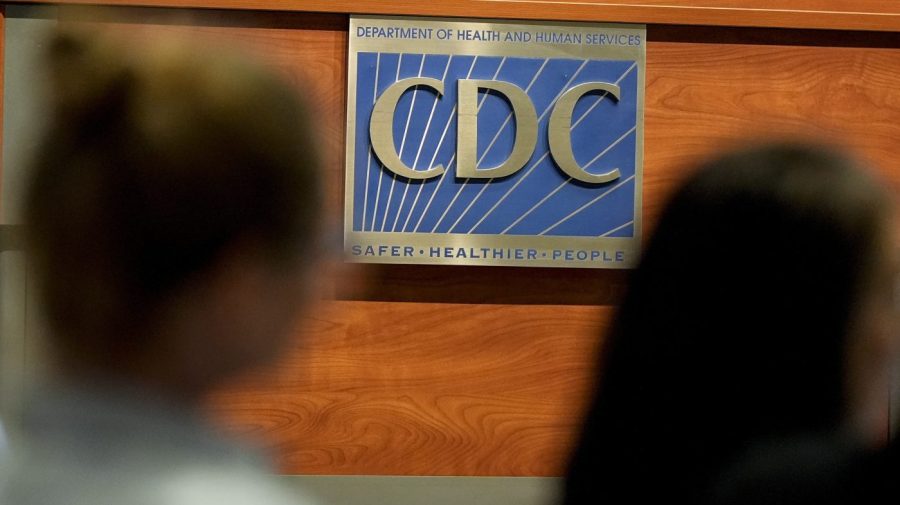Funding Cuts Threaten Vital Research for Autoimmune Patients

The decline in federal research funding is jeopardizing the progress of vital medical advancements for patients suffering from autoimmune and rheumatic diseases. As laboratories struggle to secure necessary resources, the consequences are being felt acutely by patients across the United States, including those in Rochester.
Impact of Funding Reductions on Research
For years, independent, science-driven research has been a cornerstone in guiding treatment decisions and informing insurance coverage policies. This research is critical for improving the quality of life for individuals living with autoimmune and rheumatic conditions. However, with recent cuts to federal research funding, many laboratories are facing severe operational challenges. According to Dr. Eric Matteson, a prominent physician based in Rochester, these funding reductions are not merely budgetary decisions; they represent a significant risk to patient health.
“Patients affected by these conditions rely on research for hope,” stated Dr. Matteson. “Every grant that goes unfulfilled due to government budget cuts leads to fewer discoveries, stalled clinical trials, and setbacks in finding better treatments.” The implications of these cuts extend beyond the research community; they directly impact the lives of thousands of patients who depend on ongoing advancements in medical science.
Call to Action for Congressional Support
The urgency of this situation cannot be overstated. Dr. Matteson emphasized that now is not the time to reduce investment in lifesaving research. Reliable funding in medical research is essential not only for enhancing patient health but also for maintaining the United States’ leadership position in healthcare innovation. It is crucial for Congress and the current administration to collaborate in safeguarding these essential funds.
As the nation faces a critical juncture in healthcare funding, it is imperative that policymakers recognize the broader implications of research investment. Cuts to federal funding threaten not just the scientific community but also the very foundation of patient care and treatment options. The reliance on well-funded research is vital for discovering new therapies that can lead to healthier, longer lives for those battling chronic diseases.
The situation in Rochester serves as a microcosm of a national challenge. As laboratories continue to face financial strain, the potential for groundbreaking discoveries diminishes, leaving patients with fewer options and hope. The call for steadfast support from Congress is a reminder that investment in health research is not merely an expense; it is an essential commitment to the future of patient care.
In conclusion, the dialogue around healthcare funding must shift to prioritize patient outcomes. The community of researchers and healthcare professionals stands ready to innovate and improve treatment pathways, but they need the backing of legislative bodies to ensure that their work can continue uninterrupted.






